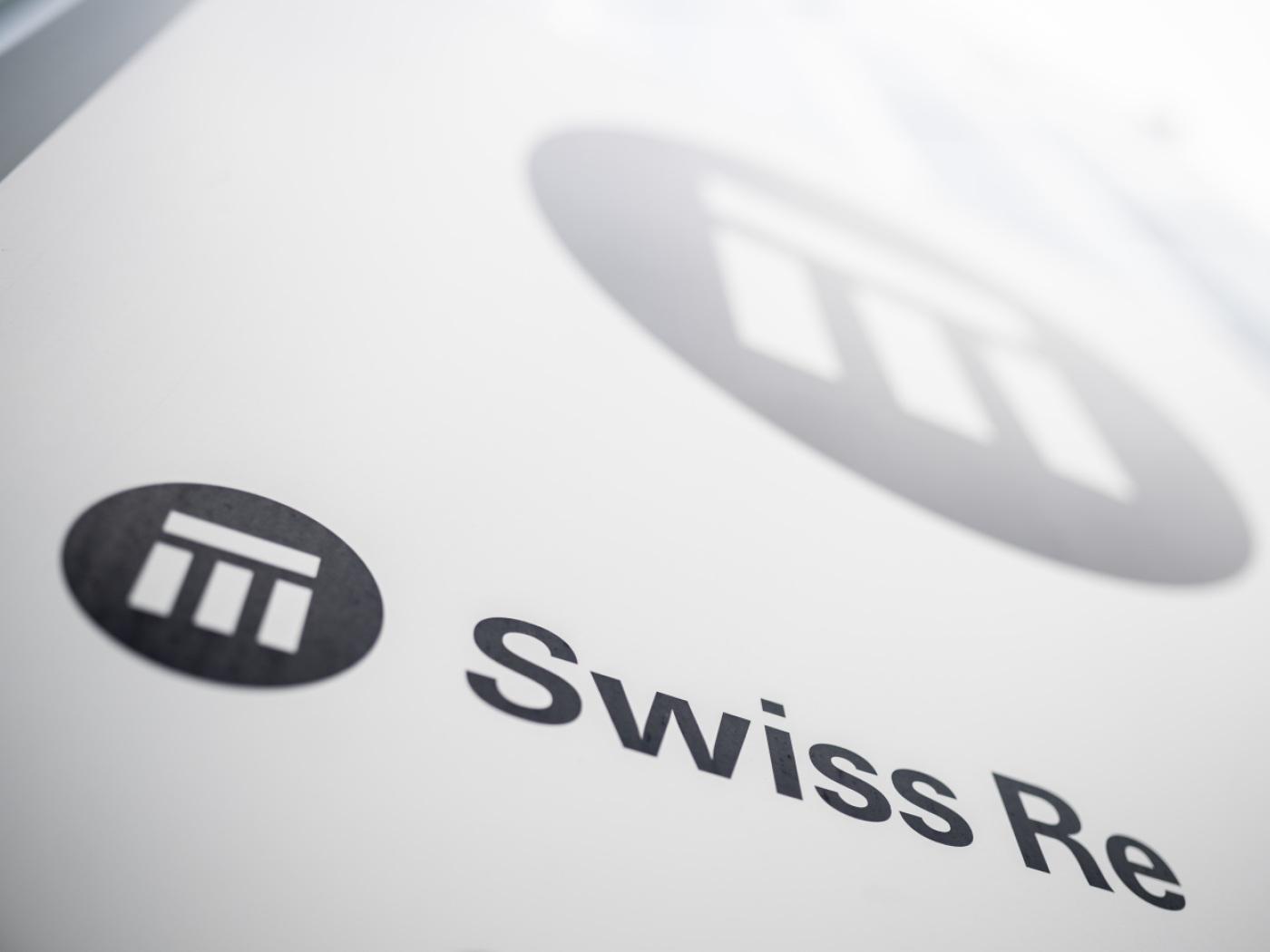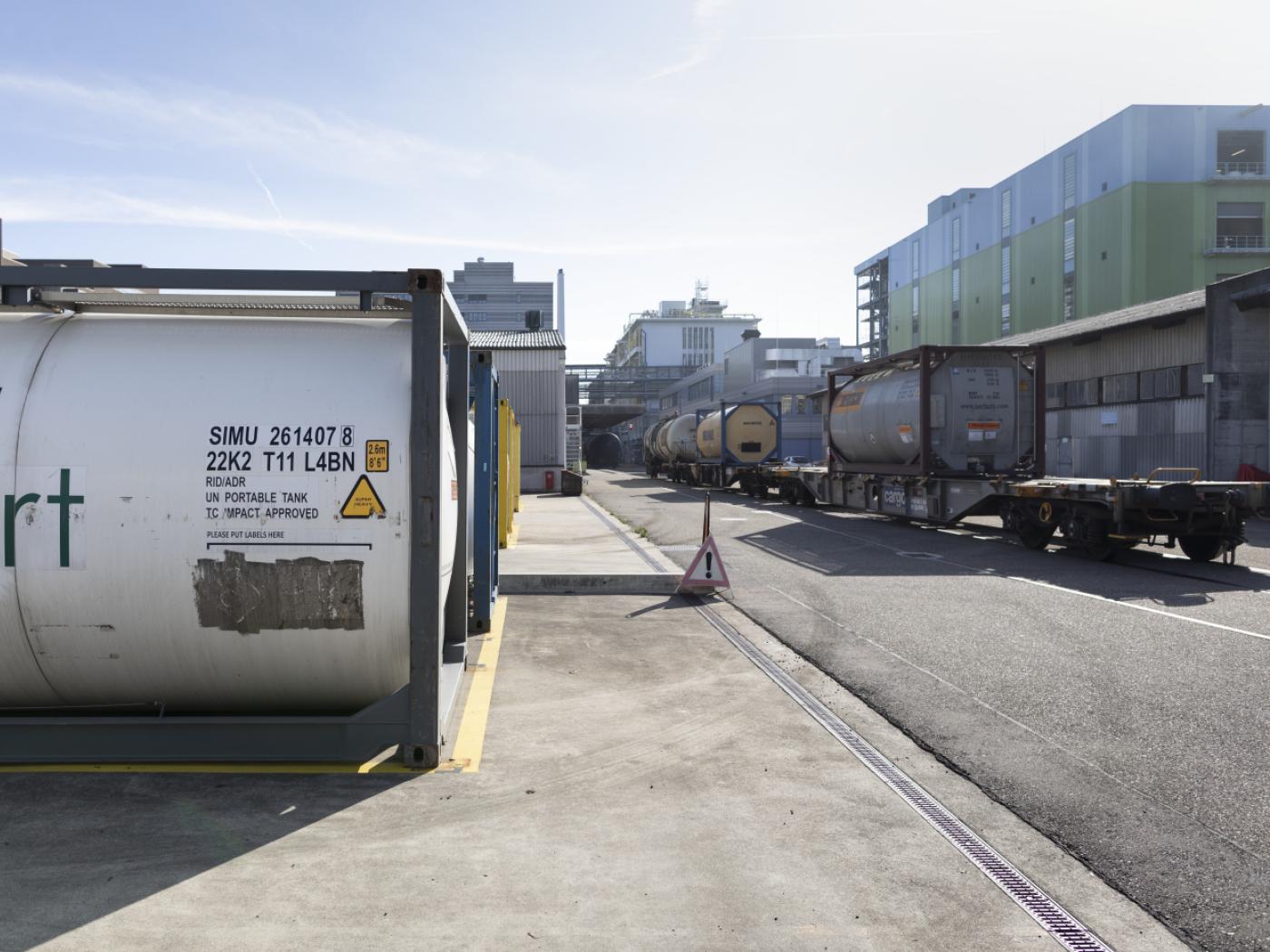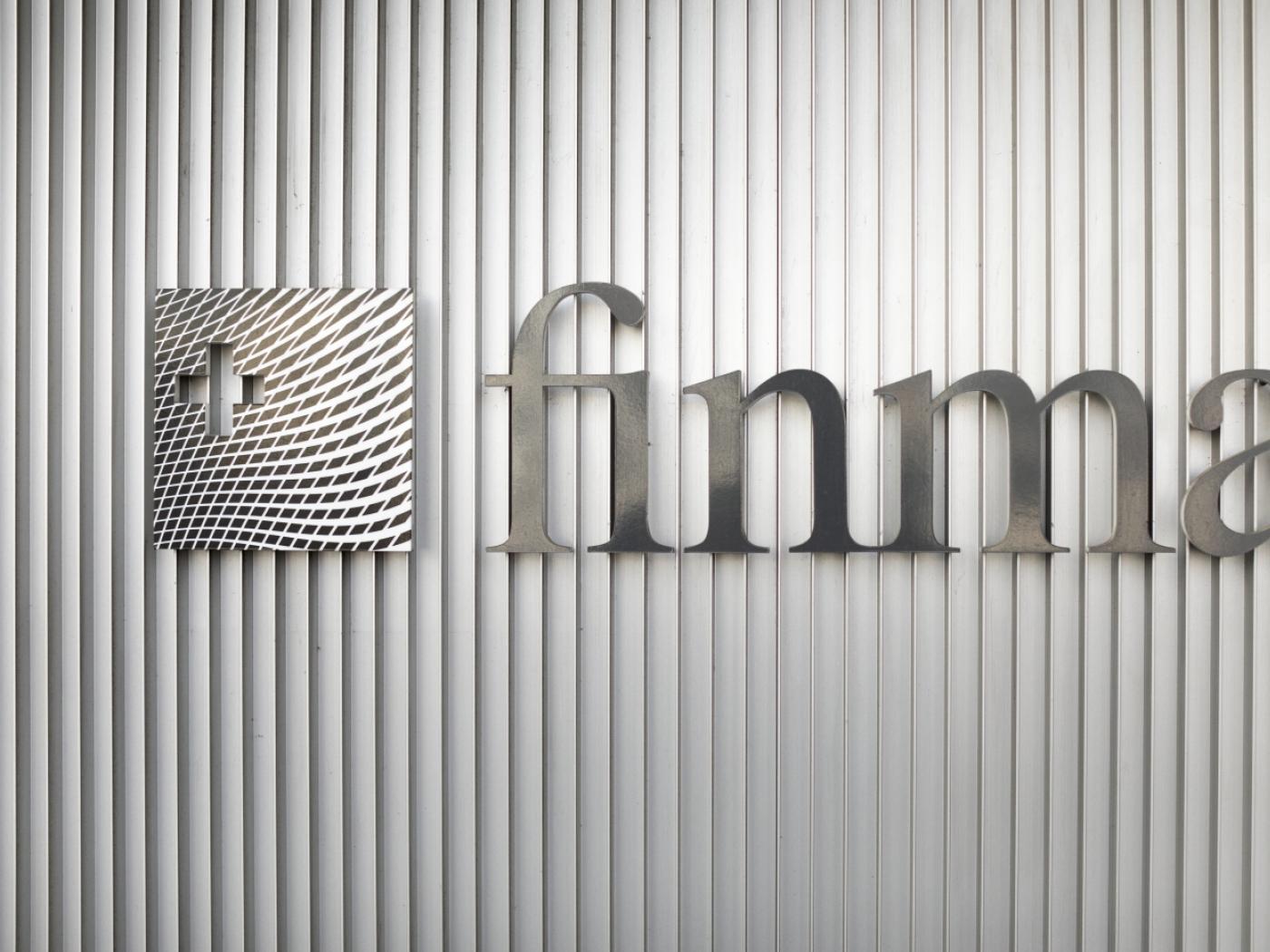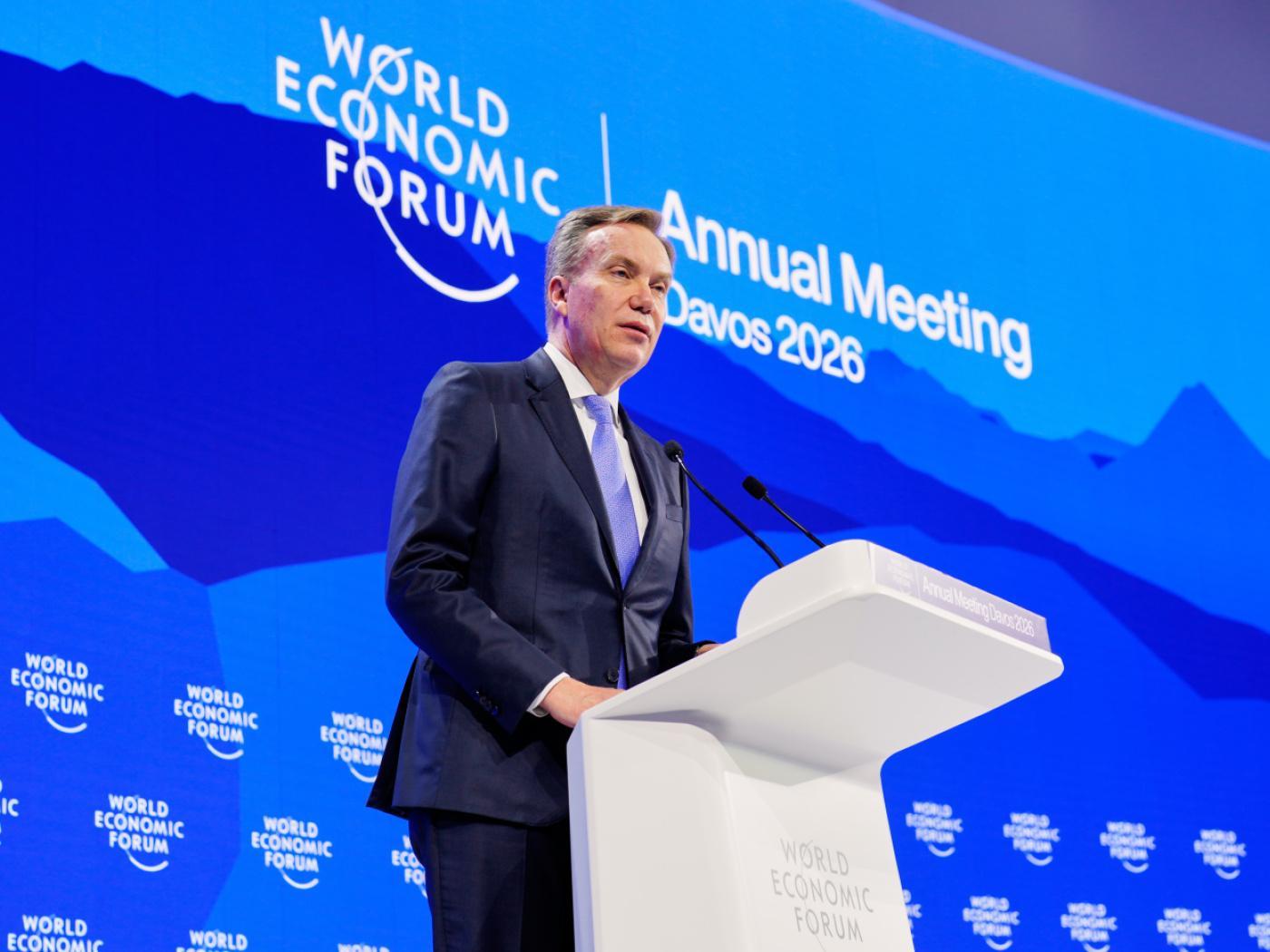In responding to economic fallacies that mainstream free traders make, the American Compass makes some of their own.
The American Compass—headed by Oren Cass, who once staffed Mitt Romney’s 2012 presidential campaign—is the modern descendant of Alexander Hamilton. To those unfamiliar with Hamilton beyond the Federalist Papers, that is hardly a compliment.
The Compass, whose writers and staffers join a long list of protectionists gunning for a future Trump administration, echo the rhetoric of Hamilton of rebuilding (or in Hamilton’s time, just building) industry through tariffs and trade restrictions. However, these protectionists have met resistance in the form of a neoliberal consensus that only truly support free trade as justification for a cronyist empire.
In attempting to swat down the tariff policies that the American Compass advocates for, as well as those being imposed by President Joe Biden, some have dubbed tariffs “inflationary.” The Compass has latched onto this error as a “get out of jail free” card for their fallacies, by identifying the errors of others. While it may be correct in identifying incorrect terminology, its response to such claims is riddled with flaws that do not stand up to critical analysis.
First, it is important to give the devil his due. The Compass is correct that tariffs aren’t inflationary, per se. Duncan Braid, a writer for the Compass, writes: “Their latest tactic is the deeply unimaginative claim that tariffs are inflationary. They really should know better, and, in fact, manyeconomists do.” Braid also adds:
Inflation concerns overall price levels in the economy and occurs when more money is chasing fewer goods. That’s not what tariffs do. This is easiest to see by recognizing that a tariff is a form of tax, and raising additional revenue through a tax—especially if it helps to close a budget deficit—is never described as inflationary in other contexts.
Braid and the American Compass are correct. Inflation is not an upward change in prices. That is a very mainstream view, which sees any change in what it calls the price level as inflation. As Murray Rothbard and Ludwig von Mises point out, this view is largely absurd and tells us near nothing: inflation is always an increase in the money supply. An increase in overall demand for goods and services, under a mainstream view, would be inflationary. This is not a useful definition; thus, the only meaningful definition is related to the money supply.
However, going beyond simple problems with terminology, one can find fallacies and problems that come with protectionist analysis.
Braid cites an article from the Peterson Institute for International Economics that claims that tariffs imposed on China account for only a margin of the United States’ Consumer Price Index (CPI) growth. This comes with some more conceptual problems than the headline lets on. The article tells us:
More than 66 percent of Chinese imports have been subject to tariffs, with an average levy of 19.3 percent, adding significant costs to imported metals, solar panels, and other products. But Chinese imports account for just 2 percent of goods included in the CPI measurements, and 2.7 percent in the PCE [personal consumption expenditures] index. As such, the direct impact of the tariffs on measurements of inflation has been limited.
Because the CPI is an assorted basket of goods, it doesn’t cover every good and the changes in consumption over time. Thus, there is difficulty in determining whether the tariffs had the effect an analysis of the CPI would tell us. There is also the very fact that the CPI is an arbitrary basket of goods and services that are often manipulated by statisticians to fudge the numbers or “guess” at consumer consumption.
There also exists the possibility of companies allowing tariffs to eat away at profits rather than pass the costs off to consumers. This may not immediately hit consumers wallets, or the CPI, but it prevents future price cuts that firms might be able to give to consumers.
Tariffs increasing further will make what impact they have now even worse. In fact, the American Compass accepts this. Braid writes: “Tariffs do increase the price of a given tariffed import. To quote Erica York, senior economist at the Tax Foundation, that is ‘the whole point.’ They increase the price of imports compared to competing domestically produced good in order to make the domestic good relatively more attractive.” However, like all protectionists, Braid makes the claim that the price increase will only be for a short period of time, until domestic manufacturing is able to get its legs up and working. Braid argues that the long-term effects will spur industry and lower prices in the long run.
Protectionists often make this argument: that the imposed tariffs and trade restrictions may hurt when enacted, but in the long run, they will result in lower prices. What is neglected in their analysis here are the costs of creating the industries.
What might be called “infant-industry” analysis is rather simple: firms domestically cannot compete with low prices from abroad. Tariffs impose a tax on these foreign goods, raising their prices and allowing domestic industry to compete at the new tariffed price. It has become artificially profitable for these firms to compete, and thus they will be built here. Rather simple, right?
The protectionist would rebut (rightful) claims that this makes goods more expensive than they would otherwise be with an appeal to some future lowering of price. “The firms are now here and might innovate, so we get lower prices and domestic manufacturing” is their most common argument. Non-Austrian free traders might stumble at this proposition, but Mises and Rothbard once again come to the rescue with basic logic to reveal the flaw in this line of thought.
Protectionists will oft blame the greedy capitalists for the “exploitation of cheap labor” that caused outsourcing, yet they seem to assume some idealism when it comes to innovation. Mises writes in Human Action:
The establishment of an infant industry is advantageous . . . only if the superiority of the new location is so momentous that it outweighs the disadvantages resulting from the abandonment of nonconvertible and nontransferable capital goods invested in the already established plants. If this is the case, the new plants will be able to compete successfully with the old ones without any aid given by the government. If it is not the case, the protection granted to them is wasteful, even if it is only temporary and enables the new industry to hold its own at a later period. The tariff amounts virtually to a subsidy which the consumers are forced to pay as a compensation for the employment of scarce factors of production for the replacement of still utilizable capital goods to be scrapped and the withholding of these scarce factors from other employments in which they could render services valued higher by the consumers. (emphasis added)
If technology and processes would offset the increased costs of operation domestically, the “greedy” capitalists would have already exploited this. Loan markets exist to forward funds for current capital in return for future income. If the market foresaw that investment domestically was profitable, it would have already done so. Rather, at least now, it has deemed it best to make use of existing capital and not abandon it. Consumers are allowed to benefit from already existing capital rather than be forced to subsidize inefficient operations.
Tariffs socialize the costs of inefficient operations in anticipation of an efficiency that may never arrive. Nothing stops entrepreneurs and the capitalists that protectionists despise from researching new technologies that might make domestic production more profitable. What protectionists desire is nothing less than the socializing of their idealism by every domestic citizen. The American Compass would do well to keep such things in mind when they propose archaic policies like tariffs.
Full story here Are you the author? Previous post See more for Next postTags: Featured,newsletter



























